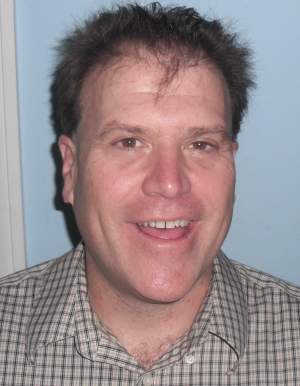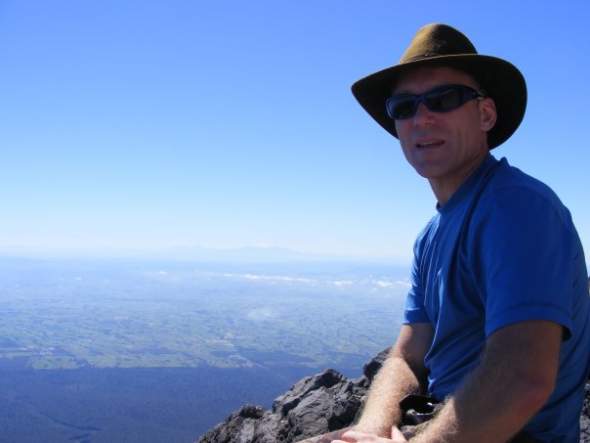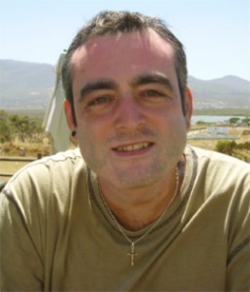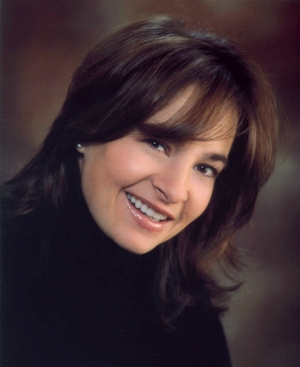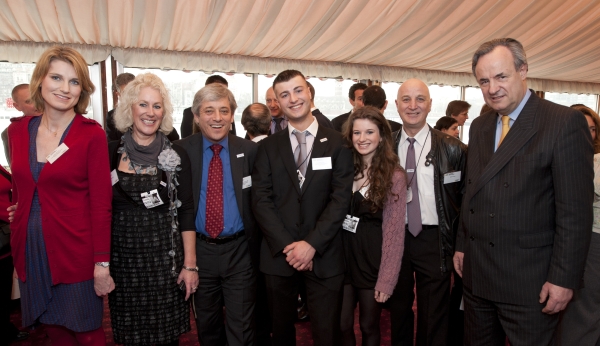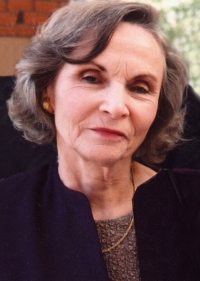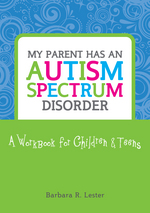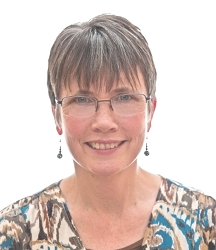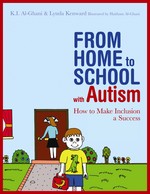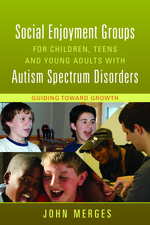Social Skills, Emotional Growth and Drama Therapy – An Interview with Dr Lee Chasen
“Drama and theatre has historically been portrayed as a mirror to the human condition, raising questions and reflecting aspects of how we understand and relate to ourselves and each other. By holding the mirror of drama up to the mirror of social skills building neuron activity, we illuminate previously obscured angles, empowering a practical as well as metaphorical peripheral vision of sorts.”
